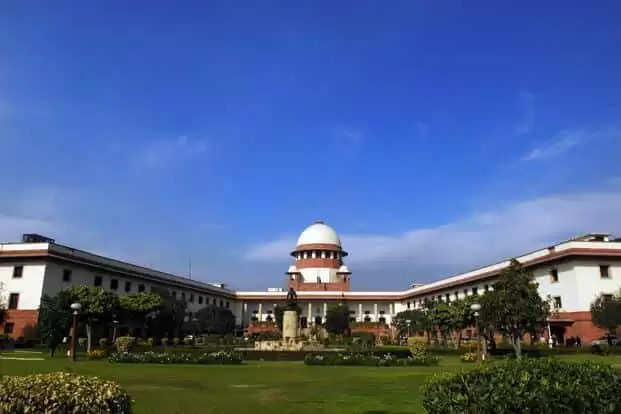What is Article 142 of the Indian Constitution and its relation to the A.G. Perarivalan case?
Updated: Jun 23, 2022, 17:39 IST

Article 142, often termed judicial activism, provides special powers to the Supreme Court to do “complete justice” when laws are unable to provide any solution. It has two clauses:
- According to Article 142(1), the Supreme Court can pass any order for doing complete justice in any pending before it. Such orders will be enforceable throughout India as prescribed by any law made by Parliament or order of the President of India.
- According to Article 142(2), the Supreme Court has powers to make any order to secure the attendance of any person, the production of any documents, or punishment of any contempt of itself.
Exercising the powers conferred under Article 142 of the Constitution, the Supreme Court ordered to release of A.G. Perarivalan (former PM Rajiv Gandhi assassination case convict).
In the A.G. Perarivalan case, the Supreme Court invoked Article 142(1).
The factors which are considered by the Supreme Court while giving a release order are the convict’s prolonged period in jail, his satisfactory conduct, his educational qualifications acquired during his jail term, his medical condition, and the pending recommendation of the State Cabinet made to the Governor in 2018.
Share this story
WhatsApp Channel
Join Now
